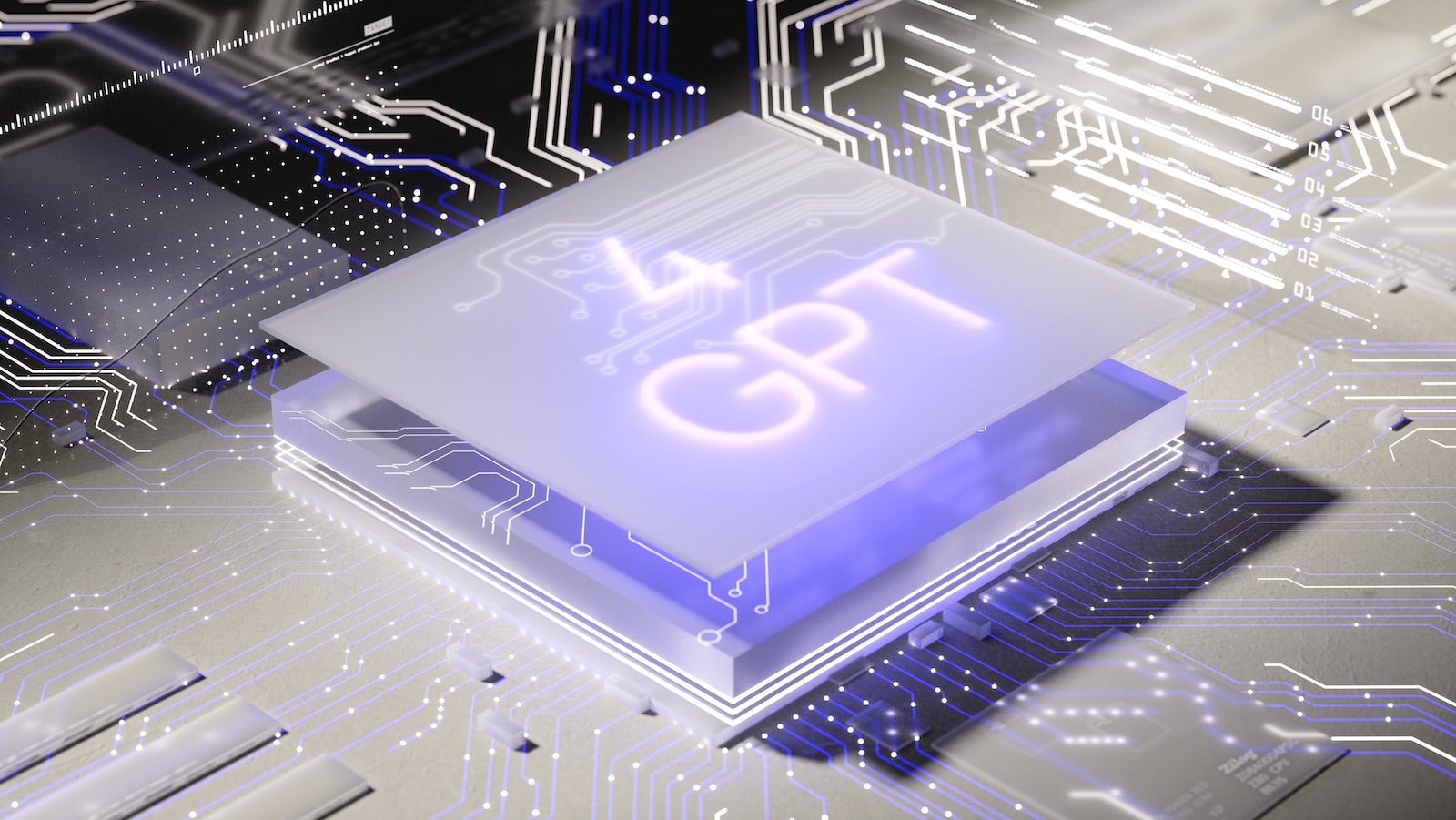Introduction
The technological landscape is rapidly evolving, and at the forefront of this revolution in the education sector are Generative Pre-trained Transformers (GPTs). Developed by OpenAI, these advanced AI models have the remarkable ability to interpret and generate human-like text. Their introduction into educational settings is creating unprecedented opportunities for personalised, interactive, and deeply engaging learning experiences. These AI systems are adept at understanding complex contexts and generating creative responses, making them indispensable tools across various educational scenarios. As we explore the capabilities of GPTs, it’s crucial to understand their transformative impact on education, offering innovative and effective solutions to traditional and emerging learning challenges.
1. Personalised Learning Experiences
GPTs are redefining personalised education. By meticulously analysing individual student profiles, these AI models customise learning materials and exercises to cater to each student’s specific needs and learning styles. This approach not only facilitates a more targeted and efficient learning process but also significantly enhances student engagement and motivation.
2. Language Learning Revolution
The advent of GPTs is revolutionising language learning. These AI models simulate real-life conversations, providing an interactive and immersive platform for students to practice and refine their language skills, including intricate aspects of grammar, vocabulary, and pronunciation. Beyond mere language practice, GPT-powered chatbots are capable of understanding and teaching idiomatic expressions and cultural nuances, making language learning more comprehensive and contextually rich.

3. Writing Skill Enhancement
GPTs are invaluable in enhancing students’ writing skills. They assist not only by suggesting topics and providing grammar checks but also by generating content and providing constructive feedback. This support is particularly beneficial for students requiring additional guidance, including those with learning difficulties. For instance, GPTs can help students structure their thoughts, organize research papers, and even offer creative writing prompts, thereby fostering a more supportive and creative writing environment.
4. Streamlined Research Projects
In the domain of research, GPTs are transforming how students gather and process information. They assist by suggesting credible sources, summarising complex information, and aiding in the generation of citations. This not only ensures accuracy but also significantly improves the efficiency of research processes. Students can use GPTs to quickly identify key information, analyse trends, and synthesise data from various academic papers, making research less daunting and more insightful.

5. Effective Test Preparation
GPTs play a pivotal role in exam preparation. They offer customised practice questions and detailed feedback through chatbots, enabling a targeted approach to learning. These AI models can identify areas where students need more practice and suggest additional resources or study techniques. This personalised approach helps students feel more confident and better prepared for their exams.
6. Virtual Teaching Assistants
In larger class settings, GPT-powered virtual teaching assistants provide personalised attention, answering queries, giving feedback on assignments, and facilitating discussions. They are especially beneficial for students who require extra support or are hesitant to participate in traditional classroom settings. By offering a responsive and adaptive learning environment, these virtual assistants ensure that every student’s needs are addressed.
7. Learning through Gamification
GPTs introduce an engaging element of play into education through gamification. They power educational games that range from trivia based on course material to role-playing games designed for practical skill development. These interactive games not only make learning enjoyable but also aid in better retention of information and concepts. The application of gamification in education, driven by GPTs, is showing promising results in enhancing student engagement and learning outcomes.
8. Enhanced Accessibility
One of the most significant impacts of GPTs in education is in enhancing accessibility. They provide critical support to students with disabilities through features like text-to-speech and alternative content formats. This inclusivity extends the reach of education, ensuring that all students, regardless of their physical or cognitive abilities, have equal access to learning resources and opportunities.
9. Historical Simulations
GPTs are bringing history to life through simulations and interactive conversations with historical figures. These applications offer students a dynamic and engaging way to understand historical events and personalities. For instance, students can engage in simulated dialogues with figures like Abraham Lincoln or Cleopatra, gaining unique insights into historical perspectives and decisions.
Conclusion
In addition to these specific use cases, the broader impacts of GPTs in education encompass various benefits and challenges. More than half of respondents in a recent EDUCAUSE QuickPoll felt optimistic about the use of generative AI in education, recognizing its utility in tasks like ideation, drafting, and editing. GPTs can also act as aids for students struggling with homework, offering feedback and boosting confidence.
However, it’s important to prepare students for the ethical and responsible use of AI. Teaching digital literacy and data ethics, especially to younger students, is becoming increasingly vital. As the educational sector continues to explore the use of GPTs, it’s crucial for educators and students to understand the nuances of these tools, including their limitations and potential for misuse.
In summary, GPTs offer a wide array of applications in education, from personalised learning and language assistance to gamification and accessibility support. As these technologies evolve, they hold the promise of significantly enhancing learning experiences while also presenting new challenges and learning opportunities in understanding and using AI responsibly.
Are you considering implementing AI/GPTs into your processes in the future?



